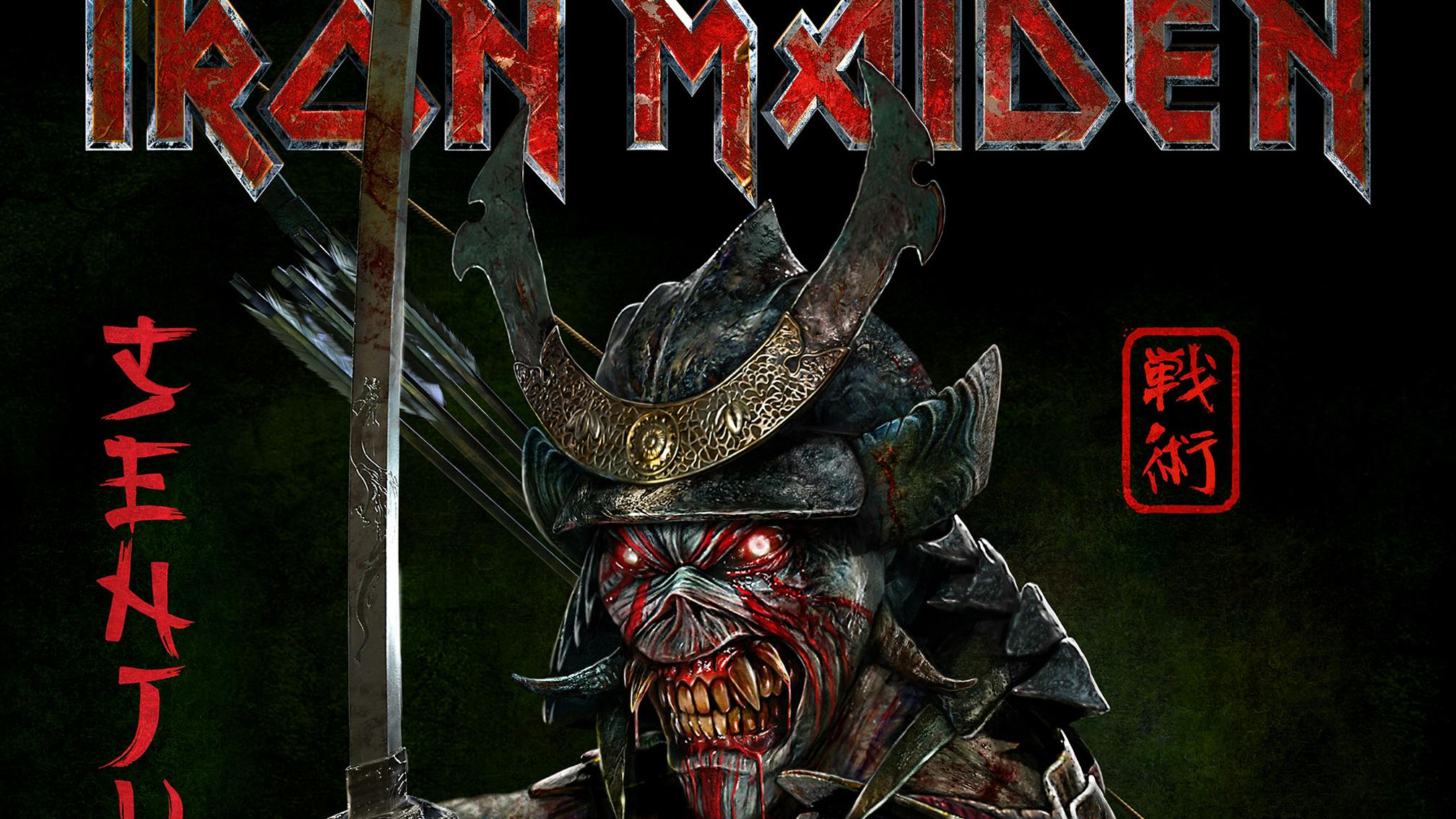Elsewhere Lost In A Lost World is both melancholy and progressive. There are a number of sudden gear changes but ultimately it’s driven more by emotion than its impressive technical chops. Days Of Future Past is another relatively straightforward mid-tempo rocker, while The Time Machine has an unconventional but effective structure built on a choppy melodic riff. Darkest Hour revisits Winston Churchill and WWII in a far more reflective manner than the breakneck speed of Aces High, and then it’s time to pour a long one and settle back for the final trio of Steve Harris-penned epics, clocking in at just over 34 minutes between them.
Death Of The Celts is up first and is instantly evocative of The Clansman, not just in its subject matter but also the see-sawing vocal melodies and folky motifs. The Parchment brings in another seriously heavy riff – by Maiden standards at least – with an insistent repetition that gets into your head in the best possible way. There’s a whiff of Powerslave’s most bombastic moments, especially as it builds through some fine operatic wails into a more frantic instrumental race to the finish. Finally, Hell On Earth brings things to a rather plaintive conclusion, with Bruce intoning, ‘On the other side I’ll see you again in heaven/ Far away from this hell on Earth.’
It's not the most uplifting of endings, but this is very much an invigorated-sounding Iron Maiden. Senjutsu is simultaneously more diverse than its predecessor but somehow manages to concentrate its punches. It’s the sound of a band that continues to strive when it’s already honed its craft to perfection and it’s got a samurai Eddie on the cover. What more do you need?
Verdict: 4/5
For fans of: Metallica, Judas Priest, Dream Theater
Senjutsu is released on September 3 via Parlophone.
READ THIS: The 20 greatest Iron Maiden songs – ranked
